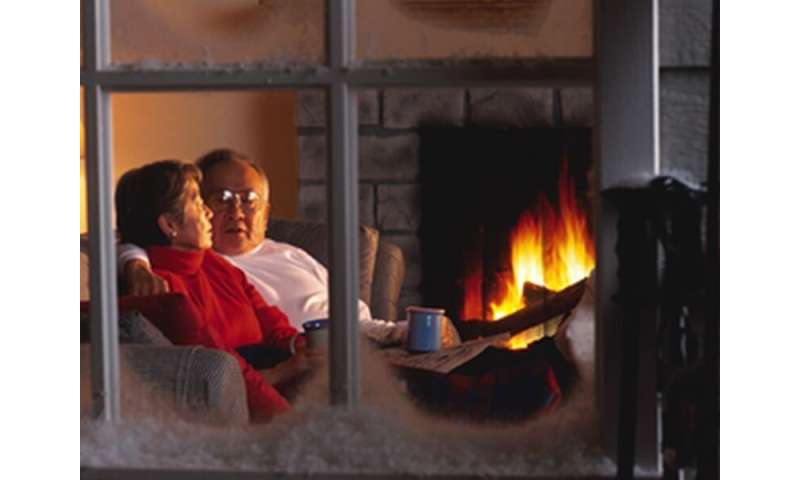
Many Americans are working at home or attending school virtually during the COVID-19 pandemic, leading to increased use of home heating and its potential risks, an expert says.
Heating sources can pose electrical hazards and fire dangers, noted Purnima Unni, manager of the pediatric trauma injury prevention program at Monroe Carell Jr. Children’s Hospital at Vanderbilt University in Nashville, Tenn.
“With pandemic restrictions in place, there are more people in the home during a time when it would traditionally be empty,” Unni said in a Vanderbilt news release. “Folks are needing to stay warm. And for some who are not working, they are trying to figure out how to stay warm on less income.”
That could lead to the use of unsafe heating sources, she cautioned.
“During this time, it is so important that people know what heating sources are the safest and which ones to steer clear from to prevent a potentially hazardous situation,” Unni said.
A major threat from heating sources is carbon monoxide, often called the silent killer.
In the United States, 170 people a year on average die from carbon monoxide poisoning not associated with vehicles, according to the U.S. Consumer Product Safety Commission.
Causes include: malfunctioning fuel-burning appliances such as furnaces, ranges, water heaters and room heaters; engine-powered equipment such as portable generators; fireplaces, and charcoal burning in enclosed areas.
The hospital’s experts offer these tips to prevent carbon monoxide poisoning:
- Install CO alarms near all sleeping areas in your home and test them monthly;
- Have gas, oil or coal-burning appliances, chimneys and fireplaces checked by a professional every year;
- Never use a kitchen stove or oven to heat your home;
- Never use a grill, generator or camping stove inside your home, garage or basement;
- Never leave a vehicle running inside a garage, even with the garage door open.
To ensure electrical safety, they recommend:
- Keep electric space heaters, humidifiers and vaporizers at least 3 feet from beds, curtains and other flammable items;
- Use grounded (three-pronged) cords with all major electrical appliances;
- Make sure that electrical cords are properly insulated, and that insulation shows no signs of wear or fraying;
- Never run electrical wires under carpeting.
Source: Read Full Article